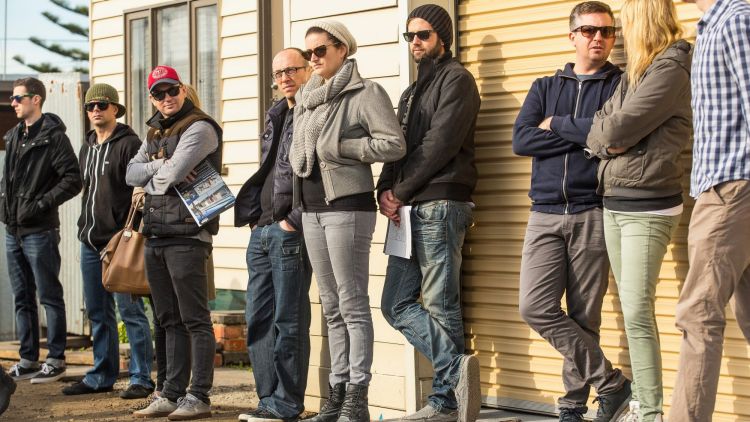Success of Purchasing Properties
Wise Real Estate Advice will provide you with all the assistance that you need, where we been able to purchase a quality property within 2 to 4 weeks of clients makes contact with us, whether that is an investor or an owner occupier. By contacting one of our buyer’s agent, not only will they secure a quality property, but they will efficiently secure a property so that time is not wasted. The reason why we do not waste any time with our clients is because we understand the market properly, meaning that we won’t attend any auctions that our advocates don’t think they can’t win.
Another reason why we are successful in securing properties, is because we have access to properties that are not publicly available. We also have access to off-market properties through close relationships with real estate agents, meaning we have a larger pool of properties that we can potentially secure.
Expertise in the Industry
Wise Real Estate Advice are experts in matching your needs with the best property. The way we do this is that we take the time to fully understand our clients, where we sit down with them over coffee or if they are overseas we face time, and discuss important information in order to meet their needs. We often buy properties for buyer that are wishing to move back to Australia, where they may need to secure a property within a matter of a few weeks. While we try to secure a property for our overseas clients, we are constantly ticking off boxes that our clients want, whether that is buying a property close to schools, or whether it is purchasing a property near public transport, or both. Regardless if you are planning to move in quickly or to hold onto a property for investment purposes, Wise Real Estate Advice will ensure that your needs are met.
Assisting our Investors
If you decide to purchase an investment property, Wise Real Estate Advice is perfect for you as we store important items for the management of your property, including lease agreements and inspection reports. We also work as an intermediary as we are a central connector to many other service providers, relevant to your property, such as financial planners, solicitors, building inspectors, accountants and mortgage brokers. Lastly if you are a foreign investor, Wise Real Estate Advice will ensure you purchase a property within Australia’s legislations.
Wise Real Estate Advice, take a fixed fee for their services and not a percentage, regardless of your circumstances, whether you have a high budget or a low budget, meaning we have no incentive of trying to push your budget.









